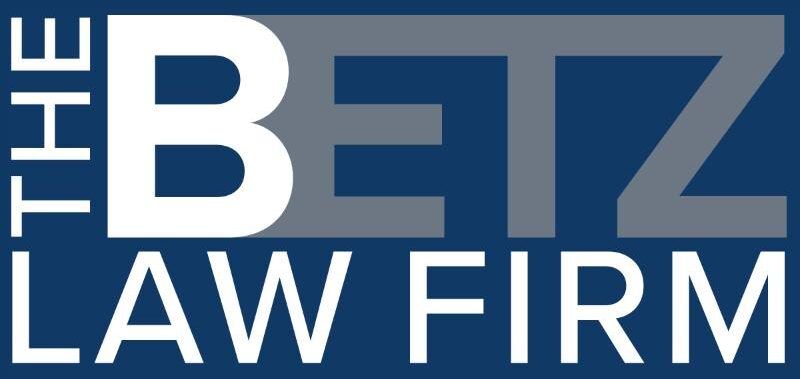During a divorce, joint financial accounts often become a source of contention between the parties involved.

These financial accounts include jointly owned checking and savings accounts, safety deposit boxes, credit cards, investments, and other holdings and equity credit lines. Such accounts get impacted when the account holders decide to go separate ways.
How divorce affects joint accounts
Joint accounts should be dealt with as soon as possible to avoid giving the other party a chance to liquidate the funds in the account. There are a few viable options that divorcing couples may consider.
- Freeze all joint accounts where no transactions are allowed without the authorization of both parties
- Empty all joint accounts into one frozen account where any transactions need authorization from both parties.
- Open an ‘Escrow’ account where a banking officer monitors the account and requires written authorization for any transaction to be conducted.
- The spouses can divide the amount into the accounts by half on the basis of a mutual agreement, where one spouse takes out half of the funds and leaves the joint account to be managed as an individual account for the other spouse.
Handling joint credit cards
Divorcing couples should write a formal letter via certified mail and retain a proof of receipt to notify them of an impending divorce and requesting to close the account and cancel the cards. Once notified, the creditors should be requested to provide a current statement of the account, and they should be notified that for any further transactions after the date of the letter they cannot hold the account owner liable. If the creditors request full payment of the outstanding, it is better to comply, or as an alternative have the creditors change the status of the account as inactive, and request them to close the account once the balance is paid.
Equity Credit lines and divorce
An equity credit line is an open-ended loan from a bank with marital property as the security. The loan is typically given against the house, wherein the bank can force sale of the property in case payments have defaulted. To find out if any equity credit lines have been opened, one can contact a title insurance company and request a search on one’s property. If any credit lines are found open on the property, one can then contact the institution to freeze the account.
Dealing with Security Margin Accounts
A security margin account is similar to an equity credit line and is available through a stock brokerage house, where one’s stock holdings are used as security. One can contact the brokerage firm and request a freeze on all accounts to ensure no transactions or trading can continue on those accounts.
Safety Deposit Box
A safety deposit box is perhaps the most vulnerable in cases of divorce, as institutions usually do not check the marital status of deposit box owners. One can safeguard safety deposit box assets by –
- First, obtaining a restraining order from the court with respect to access to the safety deposit until the final settlement of the divorce is ascertained.
- Second, both spouses can surrender the keys to the banking officer.
- Third, keep a record of the valuables in the deposit box to have proof if anything is emptied out.
